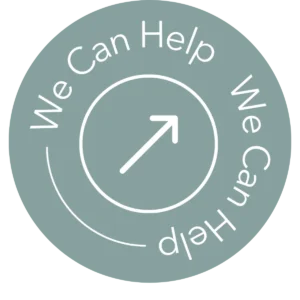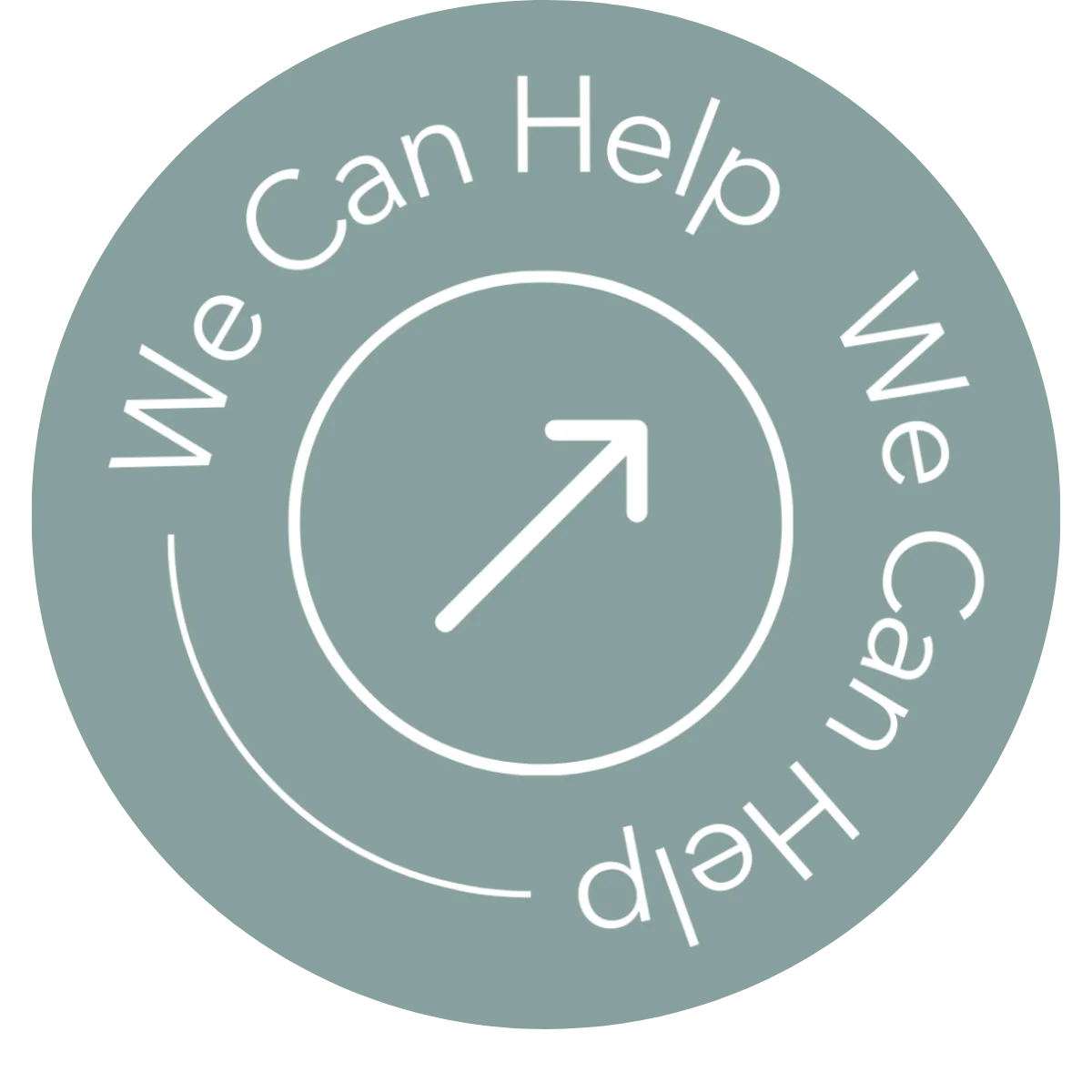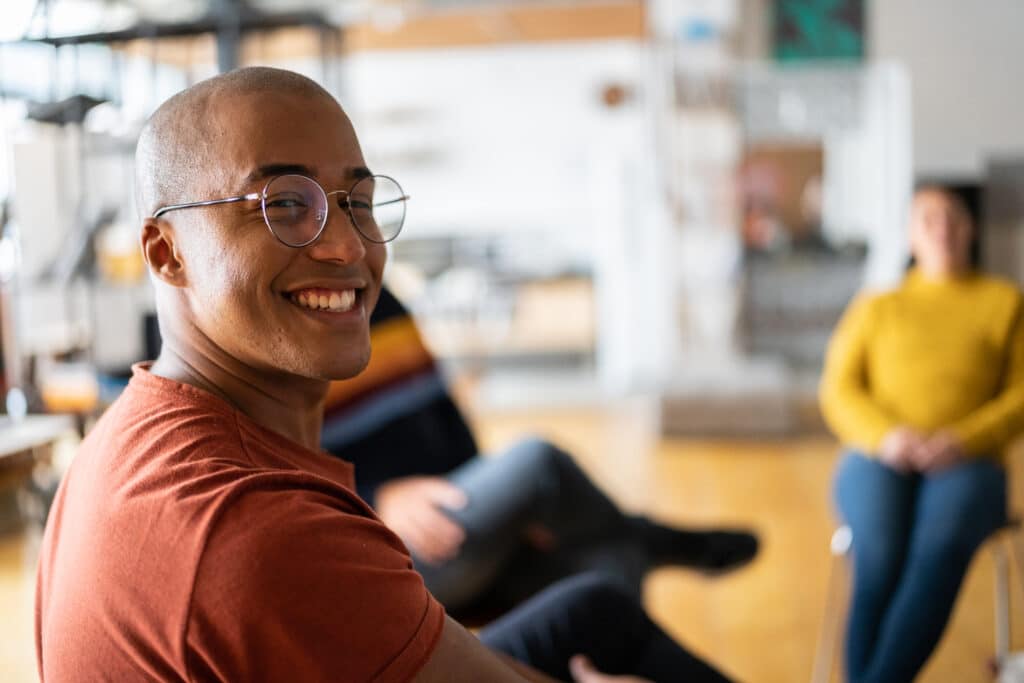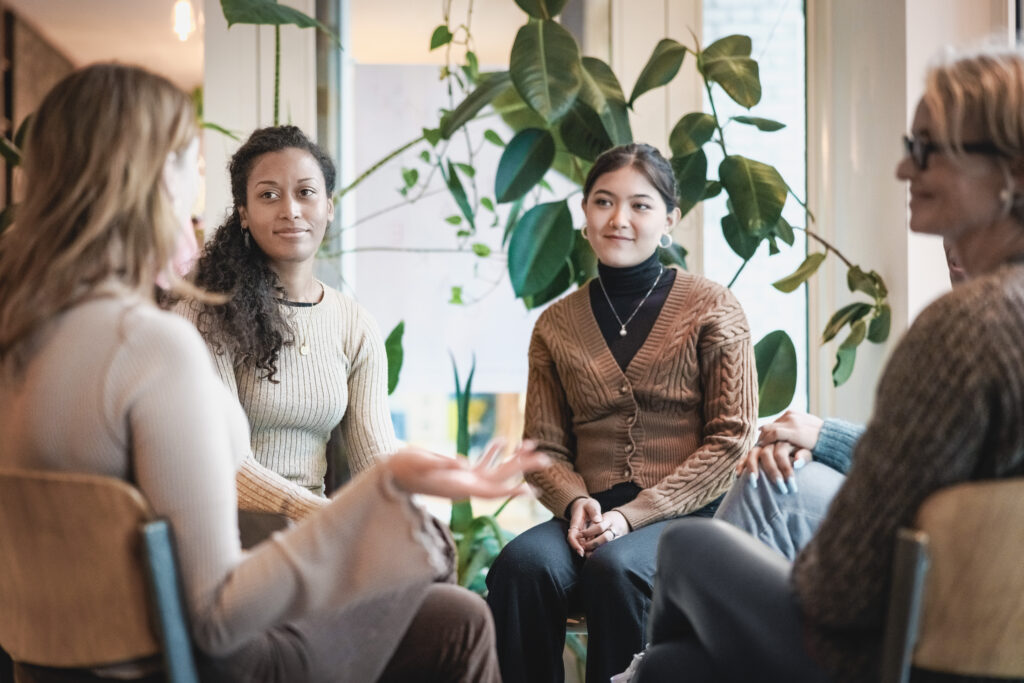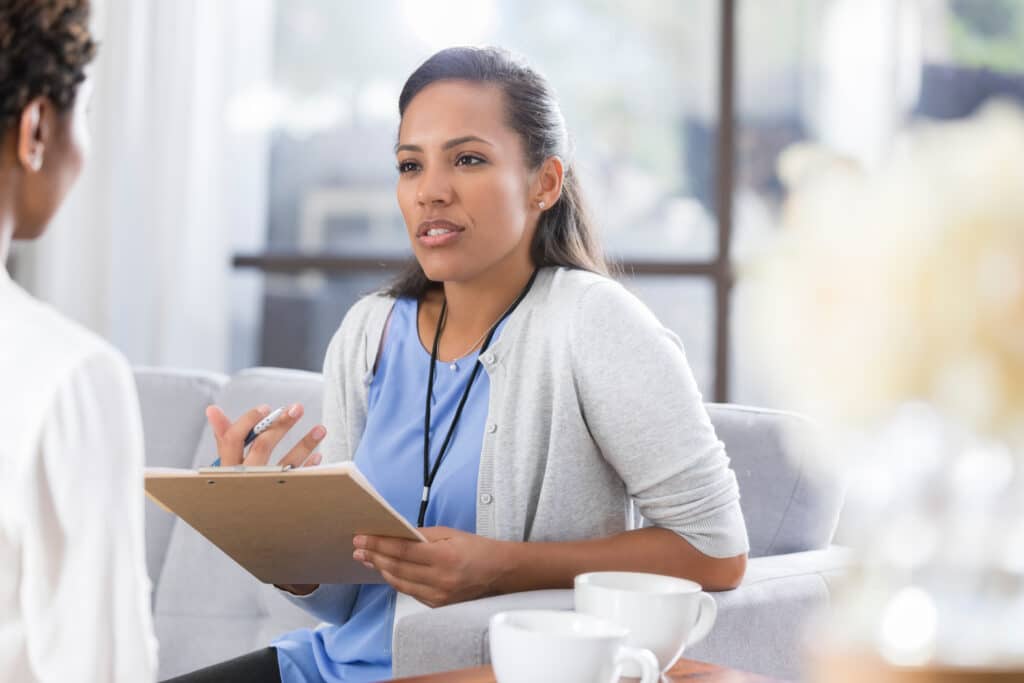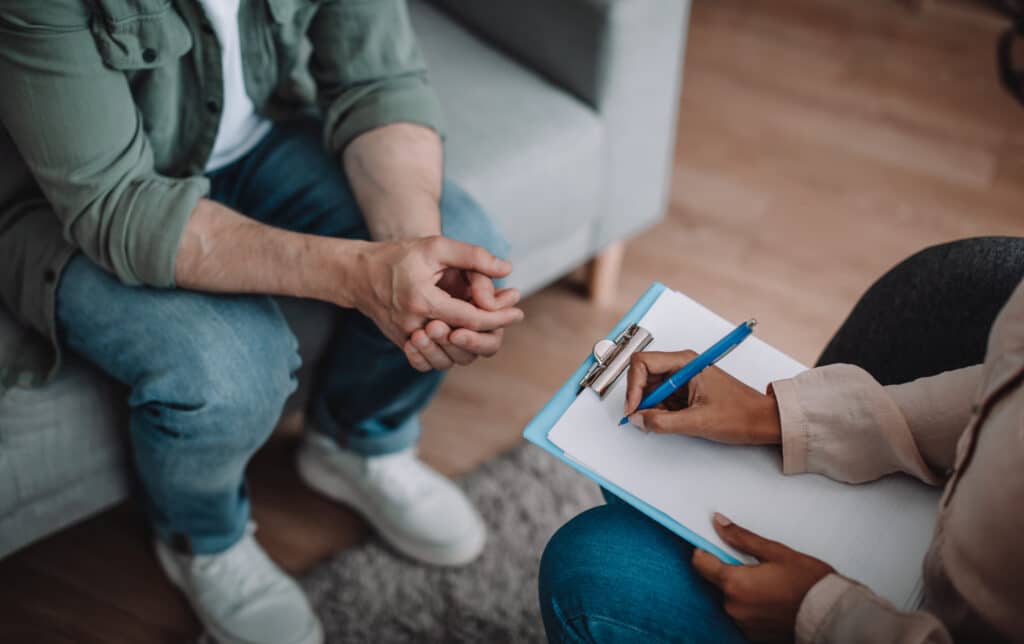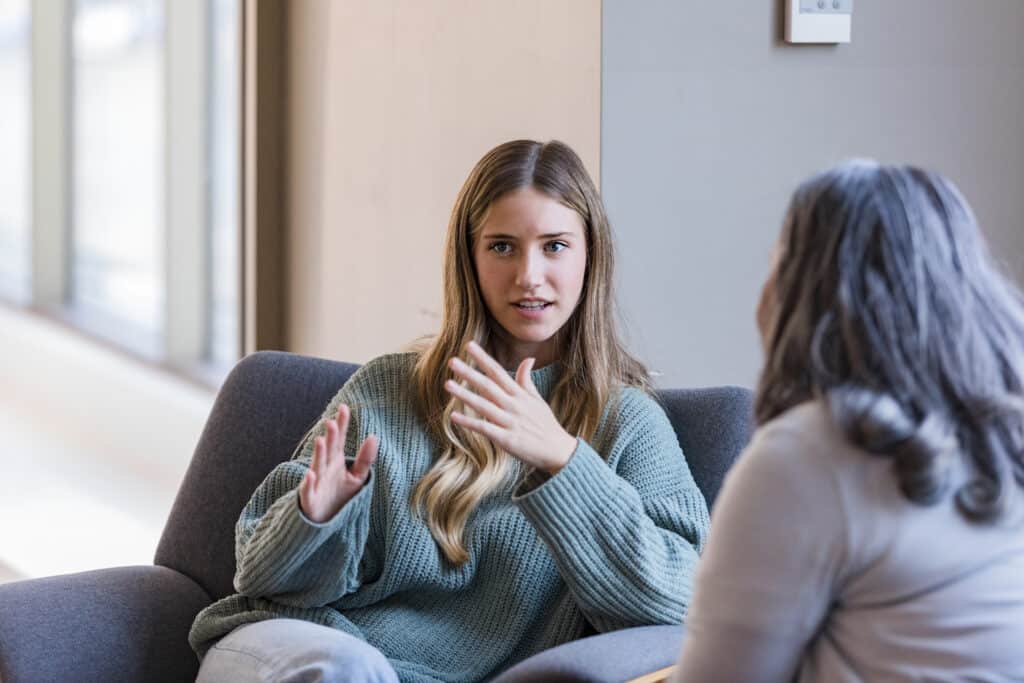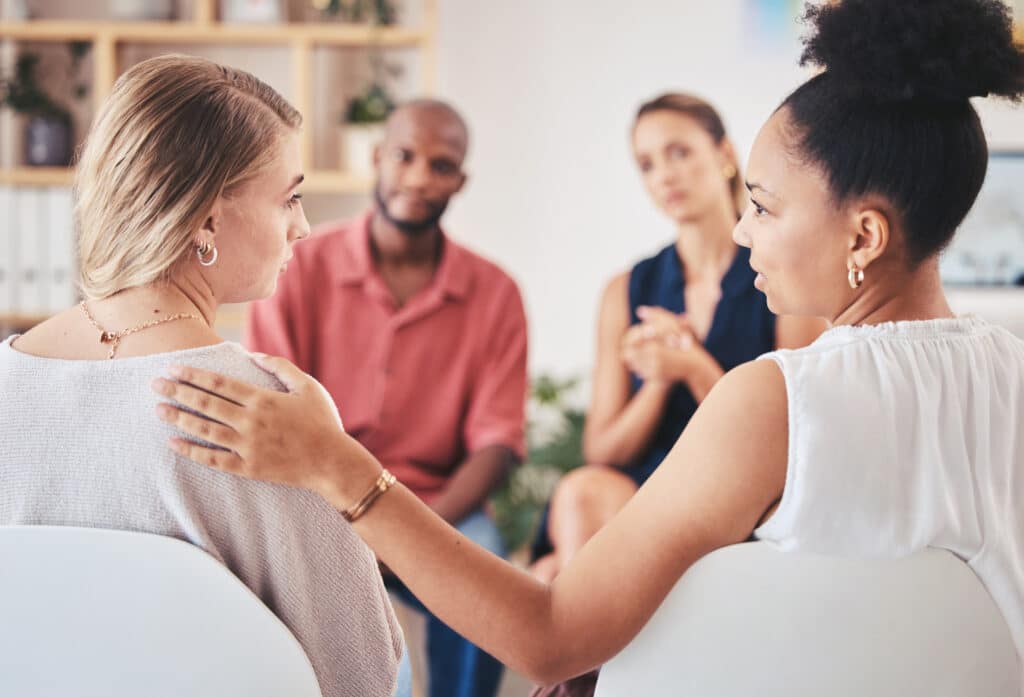- About
- Our Team
- Clinical Approach
- Insurance
- Our Story
- Founders
- Ethos Behavioral Health
- Mission Vision Values
Menu - Services
- Individual Therapy
- Outpatient Therapy
- Intensive Outpatient Therapy
- Skills & Process Groups
- Children’s Services
- Psychoeducational Services
- Virtual Therapy
- Locations
Menu
- Resources
- Alcoholism
- Intensive Outpatient Program
- What Is Intensive Outpatient Mental Health Treatment?
- Outpatient Opioid Treatment and Rehab Centers Near Me
- How Long is Intensive Outpatient Program Treatment?
- What is an Intensive Outpatient Program (IOP)?
- Intensive Outpatient Program for Alcohol Abuse
- How to Find an Intensive Outpatient Program for Substance Abuse Near Me
- Types of Intensive Outpatient Treatment Programs
- Benefits of Intensive Outpatient Programs (IOP) for Substance Abuse Treatment
- Intensive Outpatient Program Anxiety Treatment: How an IOP Can Help You Overcome Anxiety
- What is Outpatient Mental Health Treatment?
- PHP vs. IOP: Which Treatment Program is Right For You
- IOP for Depression: What You Need to Know
- Mental Health
- Finding and Choosing Mental Health Treatment Centers
- Why Is Mental Health Important?
- Choosing the Right Mental Health Professional For Your Needs
- Types of Mental Health Disorders – 2023
- What Is a Mental Health Assessment?
- How Do You Find Effective Mental Health Programs?
- How Mental Health Therapy Can Help You Heal
- How to Get Mental Health Help: Everything You Need to Know
- The Importance of Mental Health Awareness
- What Is Mental Health?: A Comprehensive Guide
- Substance Abuse
- Dual Diagnosis: The Relationship Between Substance Use and Mental Illness
- Substance Abuse Counseling for Sustainable Recovery
- Overcoming Stigma: Seeking Help for Substance Abuse
- How to Identify Substance Abuse in Teens: A Comprehensive Guide
- The Role of Medication-Assisted Treatment in an Intensive Outpatient Programs
- Managing Cravings in Substance Abuse Disorders
- Legal Issues and Substance Abuse: Seeking Help and Avoiding Consequences
- Partial Hospitalization Program
- Group Therapy
- Cocaine
- Marijuana
- Trauma Focused Therapies
- Inpatient Drug Rehab
- Blog
- Contact Us
Menu
- About
- Our Team
- Clinical Approach
- Insurance
- Our Story
- Founders
- Ethos Behavioral Health
- Mission Vision Values
Menu - Services
- Individual Therapy
- Outpatient Therapy
- Intensive Outpatient Therapy
- Skills & Process Groups
- Children’s Services
- Psychoeducational Services
- Virtual Therapy
- Locations
Menu
- Resources
- Alcoholism
- Intensive Outpatient Program
- What Is Intensive Outpatient Mental Health Treatment?
- Outpatient Opioid Treatment and Rehab Centers Near Me
- How Long is Intensive Outpatient Program Treatment?
- What is an Intensive Outpatient Program (IOP)?
- Intensive Outpatient Program for Alcohol Abuse
- How to Find an Intensive Outpatient Program for Substance Abuse Near Me
- Types of Intensive Outpatient Treatment Programs
- Benefits of Intensive Outpatient Programs (IOP) for Substance Abuse Treatment
- Intensive Outpatient Program Anxiety Treatment: How an IOP Can Help You Overcome Anxiety
- What is Outpatient Mental Health Treatment?
- PHP vs. IOP: Which Treatment Program is Right For You
- IOP for Depression: What You Need to Know
- Mental Health
- Finding and Choosing Mental Health Treatment Centers
- Why Is Mental Health Important?
- Choosing the Right Mental Health Professional For Your Needs
- Types of Mental Health Disorders – 2023
- What Is a Mental Health Assessment?
- How Do You Find Effective Mental Health Programs?
- How Mental Health Therapy Can Help You Heal
- How to Get Mental Health Help: Everything You Need to Know
- The Importance of Mental Health Awareness
- What Is Mental Health?: A Comprehensive Guide
- Substance Abuse
- Dual Diagnosis: The Relationship Between Substance Use and Mental Illness
- Substance Abuse Counseling for Sustainable Recovery
- Overcoming Stigma: Seeking Help for Substance Abuse
- How to Identify Substance Abuse in Teens: A Comprehensive Guide
- The Role of Medication-Assisted Treatment in an Intensive Outpatient Programs
- Managing Cravings in Substance Abuse Disorders
- Legal Issues and Substance Abuse: Seeking Help and Avoiding Consequences
- Partial Hospitalization Program
- Group Therapy
- Cocaine
- Marijuana
- Trauma Focused Therapies
- Inpatient Drug Rehab
- Blog
- Contact Us
Menu


